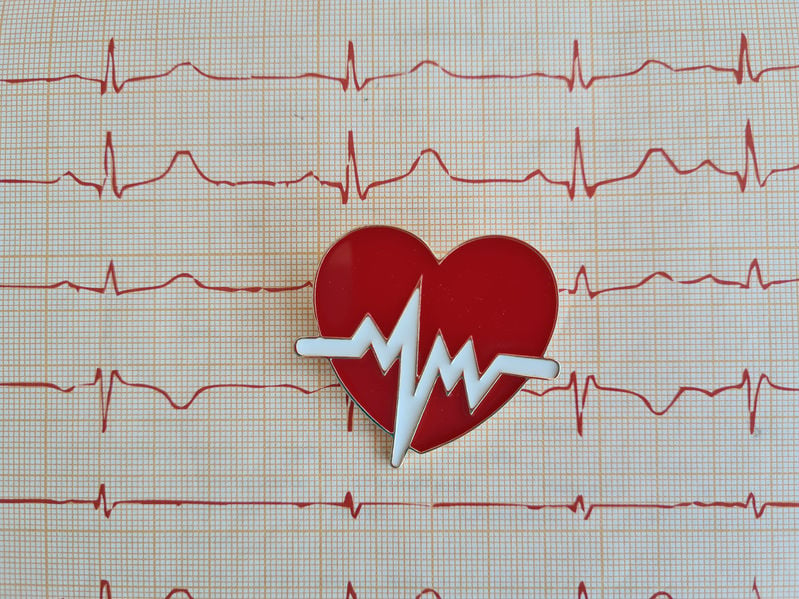When Mental Health Is Serious
There are many different types of mental illness, and each diagnosis has different symptoms. However, certain warning signs may indicate that more immediate treatment is necessary. Extreme mood swings, significant changes in eating and sleeping patterns, and thoughts of suicide are all reasons to consider inpatient mental health treatment.

What is inpatient treatment?
When mental health concerns warrant more serious attention, an inpatient treatment stay may be necessary. Inpatient programs require patients to be admitted to a residential treatment center for a more extended period. The treatment center offers a safe and secure setting where mental health professionals can work intensively to improve mental health. With around-the-clock access to care, patients can choose from various types of therapy and receive medication to improve the condition. These 3 warning signs should prompt an individual to seek help.
1. Thoughts of suicide
The most concerning symptom that a person with mental illness can experience is thoughts of suicide. Warning signs include talking about wanting to die, feeling hopeless or having no reason to live, being a burden to others, and withdrawing from family and friends. Putting affairs in order and saying goodbye are other red flags that a person could be thinking of suicide. Trained medical professionals at an inpatient center can keep the individual safe by admitting to a secure hospital setting and offering immediate counseling services.
2. Extreme mood changes
Another reason inpatient care may be required is when a person experiences extreme mood changes. While some fluctuations in emotion are normal, highs and lows are often signs of something more serious. While bipolar disorder is the most common culprit, schizoaffective disorder and personality disorders can also cause mood changes. Inpatient care can help stabilize the patient and prescribe medication to treat the underlying condition.
3. Changes in eating and sleeping
Other concerning signs of mental illness are changes to the daily routine. In particular, inpatient care may be needed when an individual is sleeping more and eating less. When people with depression or anxiety are not adequately treated, eating less can signal that something is wrong. Changes to dietary patterns could also be a sign of an eating disorder, which can often go hand in hand with mental illness. Sleeping too much is another concerning sign most often caused by untreated major depressive disorder.
Getting admitted
Inpatient treatment is reserved for patients with severe mental health concerns. While thoughts of suicide, mood swings, and changes in eating or sleeping are 3 critical reasons to seek help, many different symptoms of mental illness could warrant an inpatient stay. If mental health is not well controlled, contact a healthcare provider to discuss treatment options and get admitted for care.



